How do moving head lights differ from PAR cans? | Insights by LQE
- Understanding the Differences Between Moving Head Lights and PAR Cans in LED Stage Lighting
- 1. What Are the Fundamental Differences in Functionality and Design?
- 2. When Should I Choose a PAR Can Over a Moving Head, and Vice-Versa?
- 3. What Are the Cost Implications and ROI for Each Type?
- 4. How Do Their Operational Complexities and Maintenance Needs Compare?
- 5. What Advancements in Technology Should I Consider for Future-Proofing My Rig?
- Conclusion: Why Choose LQE for Your Stage Lighting Needs?
Understanding the Differences Between Moving Head Lights and PAR Cans in LED Stage Lighting
When it comes to LED stage lighting, two prominent fixtures are often considered: moving head lights and PAR cans. Each serves distinct purposes and offers unique features. This article delves into their differences, helping you make informed decisions for your lighting needs.
1. What Are the Fundamental Differences in Functionality and Design?
PAR Cans
PAR cans, short for Parabolic Aluminized Reflector lights, are static fixtures designed to produce a fixed beam of light. Traditionally, they used incandescent lamps with a fixed beam angle, often controlled by gel frames for color. Modern PAR cans are predominantly LED-based, offering RGBW (Red, Green, Blue, White) or full-spectrum color mixing, dimming, and sometimes strobe effects, all while remaining stationary. They are robust, simple, and provide broad washes of color or white light, ideal for general stage illumination, uplighting, or creating a color background.
Moving Head Lights
In contrast, moving head lights are dynamic, robotic fixtures capable of precise pan (horizontal) and tilt (vertical) movements. This mobility allows them to project light anywhere on stage or into the audience. Beyond movement, moving heads are packed with features like Gobo wheels (for projecting patterns), prism effects, zoom, iris, frost filters, and sophisticated CMY (Cyan, Magenta, Yellow) or RGBW color mixing systems. They are controlled via DMX (Digital Multiplex) to manipulate every aspect of their output dynamically, making them incredibly versatile for creating complex, choreographed lighting sequences, aerial effects, or focused spot illumination.
2. When Should I Choose a PAR Can Over a Moving Head, and Vice-Versa?
Choose PAR Cans When:
- You need reliable, consistent washes of light for general stage illumination, cycloramas, or backdrops.
- Your budget is limited.
- Simplicity, robustness, and ease of setup are priorities.
- You require accent lighting, uplighting, or truss warming.
- For events where dynamic lighting isn't the primary focus, such as corporate meetings, static theatre sets, or architectural lighting.
Choose Moving Head Lights When:
- Your production demands dynamic, high-impact lighting effects (e.g., concerts, dance shows, nightclubs, large-scale events).
- You need to quickly change focus, color, or projection patterns throughout a show.
- Visual versatility and the ability to create complex lighting cues are essential.
- You require aerial effects, beam looks, or precise spot lighting for performers.
- Future-proofing and adaptability for various event types are important.
3. What Are the Cost Implications and ROI for Each Type?
PAR Cans:
Modern LED PARs are highly cost-effective, typically ranging from $50 to $300 USD per unit, depending on output and features. Their low power consumption (e.g., a 100W LED PAR can rival a 500W traditional PAR in output) and minimal maintenance contribute to an excellent long-term ROI, especially for foundational lighting elements.
Moving Head Lights:
These represent a substantially higher initial investment, ranging from $500 for entry-level LED spots to $5,000+ USD per unit for high-end professional models (e.g., powerful discharge lamp hybrids or high-lumen LED washes). While the upfront cost is higher, their ROI comes from their unparalleled versatility, ability to command higher rental fees, and the enhanced production value they bring to a show. Modern LED moving heads further improve ROI through extended lamp life (tens of thousands of hours compared to hundreds for discharge lamps) and reduced power consumption.
4. How Do Their Operational Complexities and Maintenance Needs Compare?
PAR Cans:
These are relatively simple to operate and maintain. LED PARs often feature simple onboard controls or basic DMX functionality, making them easy to patch and program for color and intensity. Maintenance is minimal, typically involving occasional cleaning and ensuring connections are secure. Their lack of moving parts means less wear and tear.
Moving Head Lights:
Operational complexity is significantly higher. They require advanced DMX programming knowledge to utilize their full range of features (pan/tilt, gobos, prisms, zoom, etc.). Setup involves precise addressing and sometimes calibration. Maintenance is more intensive due to numerous moving parts, motors, and optics. This includes regular cleaning of lenses, fans, and optical paths, belt checks, firmware updates, and occasional recalibration or part replacement. Skilled technicians are often required for both operation and troubleshooting.
5. What Advancements in Technology Should I Consider for Future-Proofing My Rig?
LED Technology:
This is the dominant advancement. High-output, energy-efficient LEDs now power both PARs and moving heads, offering superior lumen output per watt, longer lifespans (50,000+ hours is common), and richer, more consistent colors than traditional lamp sources. For film and broadcast, look for high CRI (Color Rendering Index) and TLCI (Television Lighting Consistency Index) LEDs (e.g., CRI 90+).
Wireless DMX:
Integration of wireless DMX modules (e.g., LumenRadio, W-DMX) simplifies rigging and reduces cable clutter for both fixture types, especially useful in challenging venues or for quick setups.
IP-Rated Fixtures:
For outdoor events, IP65 (or higher) rated PARs and moving heads are essential, offering protection against dust and water ingress.
Hybrid Moving Heads:
A significant innovation in moving heads, these fixtures combine spot, beam, and wash functionalities into a single unit, offering unparalleled versatility and reducing the number of different fixture types needed on a rig.
Conclusion: Why Choose LQE for Your Stage Lighting Needs?
When selecting stage lighting solutions, LQE stands out for its commitment to quality, innovation, and customer satisfaction. Our products incorporate the latest advancements in LED technology, ensuring energy efficiency and longevity. With a diverse range of fixtures, including both PAR cans and moving head lights, LQE offers versatile options tailored to various production requirements. Our dedicated support team is always ready to assist, ensuring seamless integration and optimal performance for your events. Choose LQE to elevate your stage lighting experience with reliable and cutting-edge solutions.
Distributor
What is your typical lead time for distributor orders?
Our standard production lead time is 15–30 working days depending on order volume and customization requirements. For stocked models or repeat orders, we can offer shorter delivery times.
Can LQE help with product training and technical guidance?
Absolutely. We offer remote training sessions, user manuals, installation guides, and continuous technical support to help your team understand and sell our products with confidence.
1000w
What Kind of Certificates You Offer?
All kinds of certificates could be offered by LQE digital moving light factory, which depends on customer’s required, different pricing plan for different approval.
Do You Supply After-Sale Service?
LQE lighting offers 7x24 hrs systematic SOP customer support with dedicated personnel, ensuring quick and comprehensive assistance for stage lighting needs.
What Is the Warranty Offered by LQE Lighting?
LQE lighting offers a comprehensive 1-year warranty and spare parts on its products, giving customers peace of mind and investment protection.
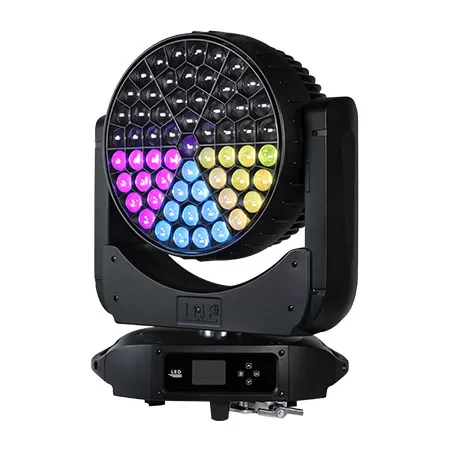
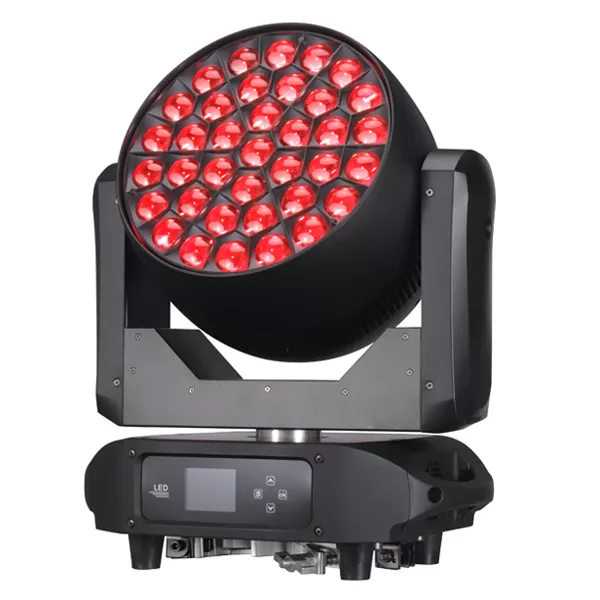
Want to learn more information?
[Reach out to us and receive professional guidance, a personalized quote, and the best solution for your needs.]

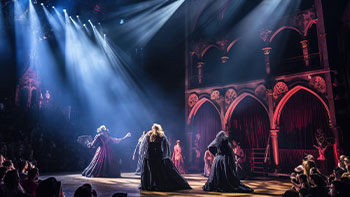
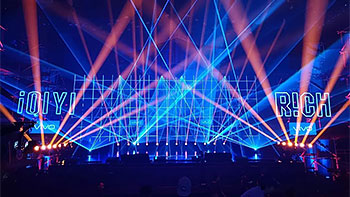
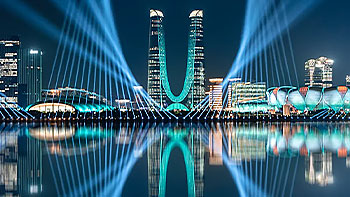
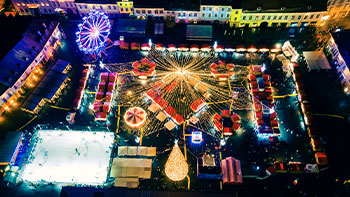
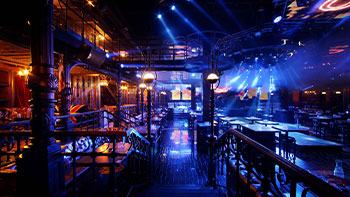
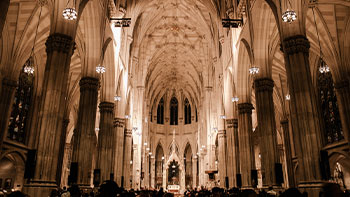






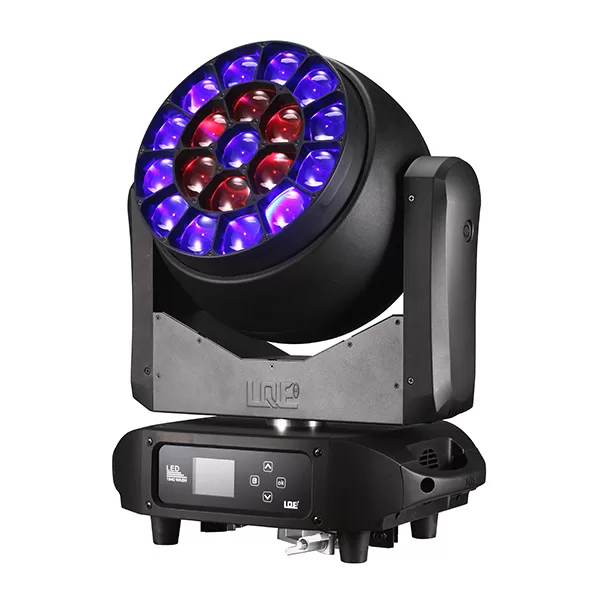
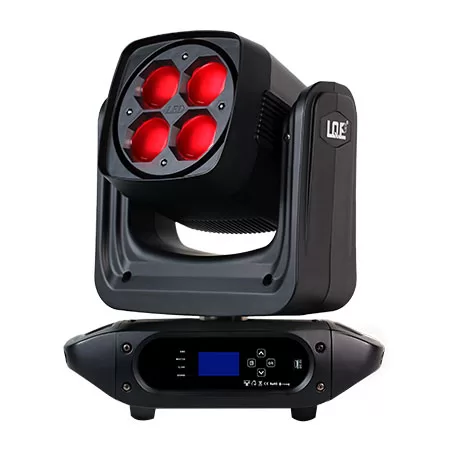
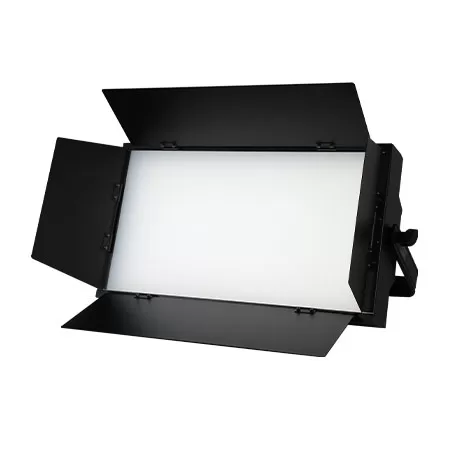
Linkedin
YouTube
Whatsapp: +8618924548390
TikTok